Sphere Summit: Books & Resources
Books and Reports
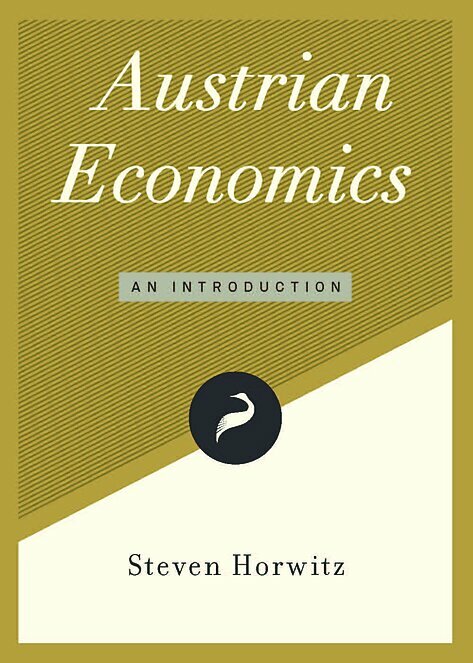
Austrian Economics: An Introduction
by Steven Horwitz
This book explains the Austrian School’s insights on a wide range of economic topics and introduces some of its key thinkers. It also explains the relationship between the Austrian School and mainstream economics and delves into the criticisms that Austrian School economists have mounted against communist and socialist economic thought.
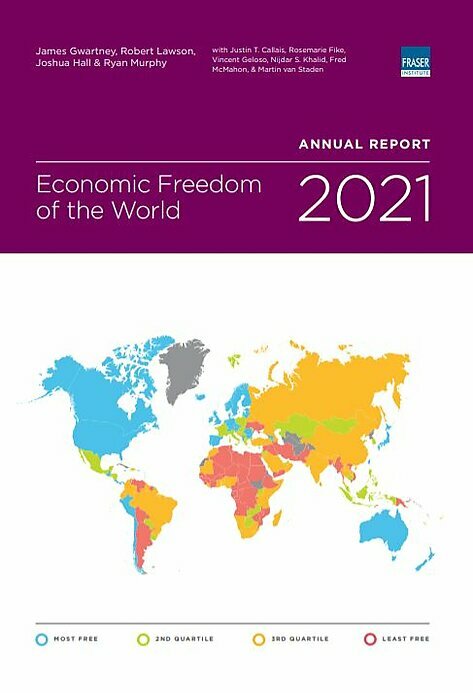
Economic Freedom of the World
co‐published by the Cato Institute, the Fraser Institute in Canada and more than 70 think tanks around the world.
This is the 25th edition of Economic Freedom of the World and this year’s publication ranks 165 countries and territories for 2019, the most recent year for which data are available.
Download: PDF
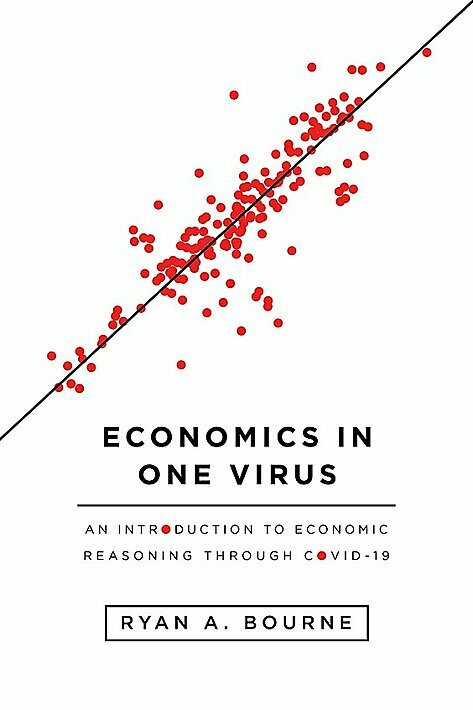
Economics in One Virus: An Introduction to Economic Reasoning through COVID-19
by Ryan A. Bourne
Have you ever stopped to wonder why hand sanitizer was missing from your pharmacy for months after the COVID-19 pandemic hit? Why some employers and employees were arguing over workers being re‐hired during the first COVID-19 lockdown? Why passenger airlines were able to get their own ring‐fenced bailout from Congress?
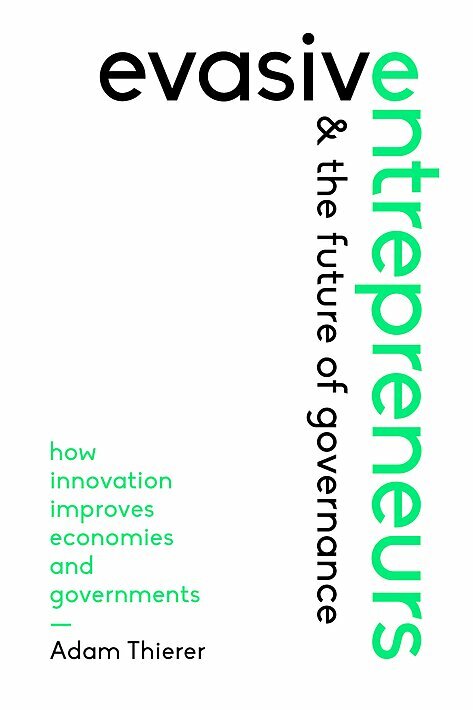
Evasive Entrepreneurs and the Future of Governance: How Innovation Improves Economies and Governments
by Adam Thierer
Innovators who don’t always conform to social or legal norms are changing the world and challenging governments. This book makes the case for embracing “evasive entrepreneurs” and the freedom to be innovative because of the many benefits that individuals, society, and even governments derive from acts of technological creativity.
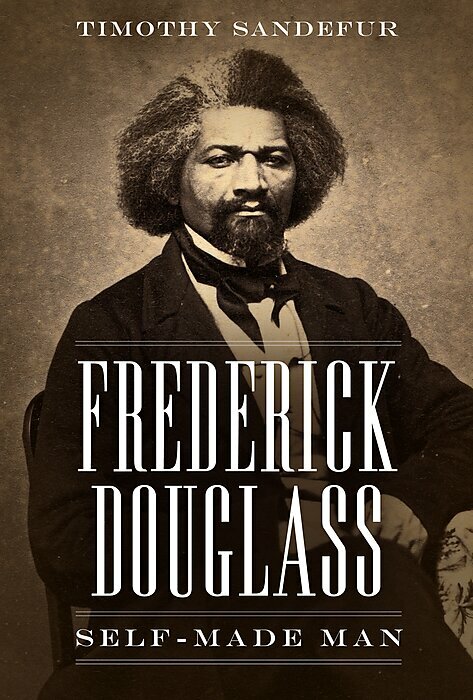
Frederick Douglass: Self‐Made Man
by Timothy Sandefur
Born into slavery in 1818, Frederick Douglass rose to become one of the nation’s foremost intellectuals―a statesman, author, lecturer, and scholar who helped lead the fight against slavery and racial oppression. Unlike other leading abolitionists, however, Douglass embraced the U.S. Constitution, insisting that it was an essentially anti‐slavery document and that its guarantees for individual rights belonged to all Americans, of whatever race.
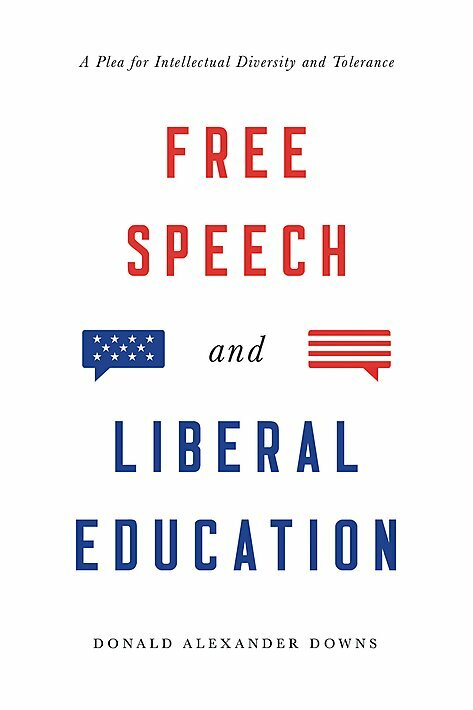
Free Speech and Liberal Education: A Plea for Intellectual Diversity and Tolerance
by Donald Alexander Downs
The status of free speech and academic freedom in the nation’s colleges and universities has become an explosive issue. Reports of disruptions and dis‐invitations of speakers and a host of new speech‐inhibiting policies instituted by campus bureaucracies are now commonplace.
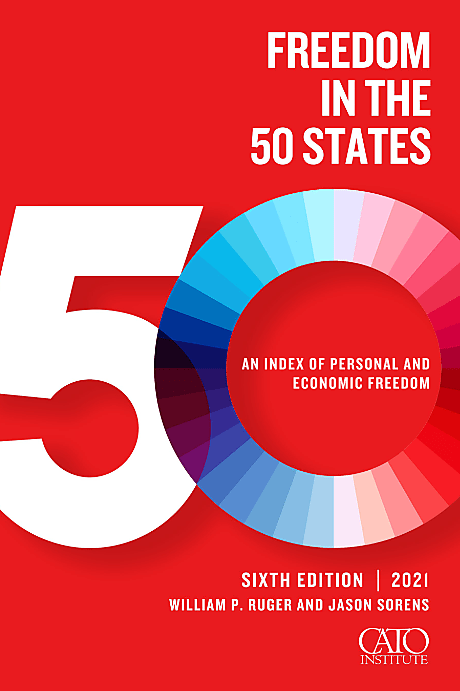
Freedom in the 50 States: An Index of Personal and Economic Freedom
by William Ruger and Jason Sorens
Freedom in the 50 States is one of the most comprehensive and definitive sources on how public policies in each American state impact an individual’s economic, social, and personal freedoms.
Download: PDF
Visit: Interactive Website
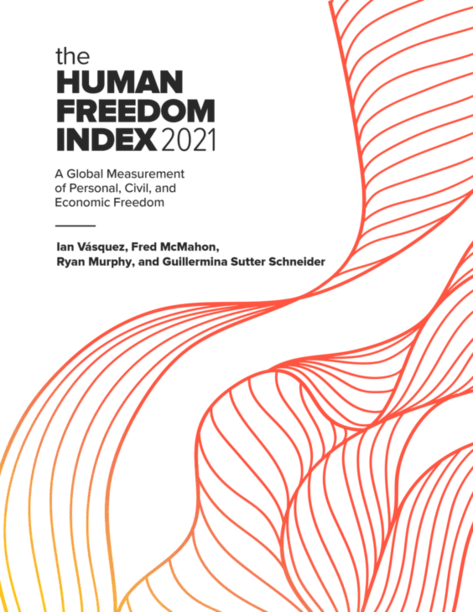
Human Freedom Index
by Ian Vásquez, Fred McMahon, Ryan Murphy, & Guillermina Sutter Schneider
Because freedom is inherently valuable and plays a role in human progress, it is worth measuring carefully. The Human Freedom Indexis a resource that can help to more objectively observe relationships between freedom and other social and economic phenomena, as well as the ways in which the various dimensions of freedom interact with one another.
Download: PDF
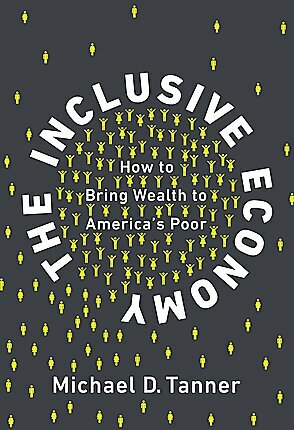
The Inclusive Economy: How to Bring Wealth to America’s Poor
by Michael D. Tanner
In a bold challenge to the conventional wisdom of both liberals and conservatives, Michael Tanner looks at the reasons for poverty in America and offers a detailed agenda for increasing wealth, incomes, and opportunity. Too much anti‐poverty policy focuses on making poverty less miserable, and not enough on helping people get out of poverty and becoming self‐sufficient.
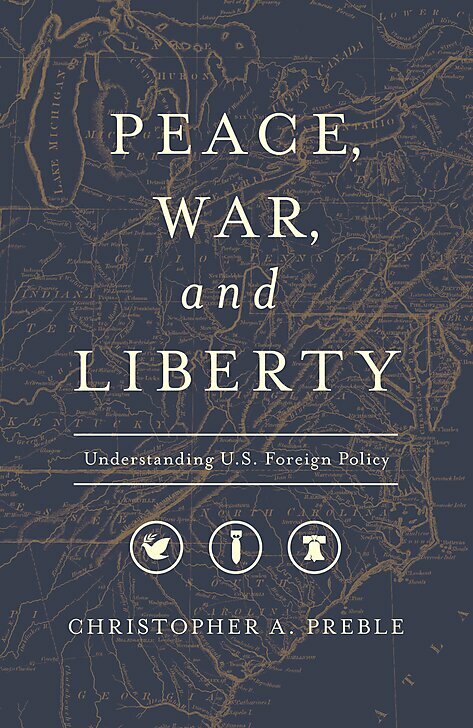
Peace, War, and Liberty: Understanding U.S. Foreign Policy
by Christopher Preble
Has the United States been a force for liberty around the world? Should it be? And if so, how? Christopher A. Preble traces the history of U.S. foreign policy from the American Founding to the present, asking whether America’s policy choices have made the world safer and freer, and considering the impact of those choices on freedom at home.
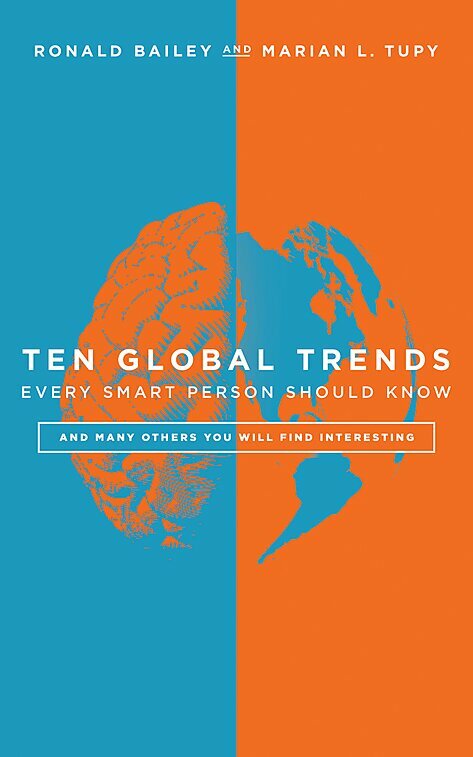
Ten Global Trends Every Smart Person Should Know: And Many Others You Will Find Interesting
by Ronald Bailey and Marian Tupy
Think the world is getting worse? You’re wrong: the world is, for the most part, not getting worse. But 58 percent of folks in 17 countries that were surveyed in 2016 thought the world is either getting worse or staying the same rather than getting better.
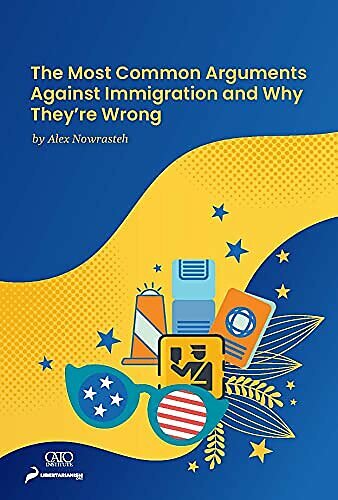
The Most Common Arguments Against Immigration and Why They’re Wrong
by Alex Nowrasteh
From “immigrants are going to take American jobs” to “they’re going to commit crimes” or “they won’t learn English,” we’ve heard it all. The Most Common Arguments Against Immigration and Why They’re Wrongcontains the 15 most common arguments against immigration and Nowrasteh’s responses to them.
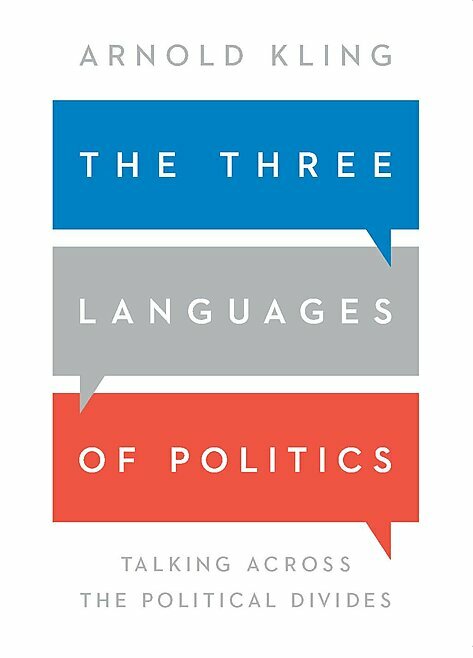
The Three Languages of Politics: Talking Across the Political Divides
by Arnold Kling
Progressives, conservatives, and libertarians, Kling argues, are “like tribes speaking different languages. As a result, political discussions do not lead to agreement. Instead, most political commentary serves to increase polarization.”
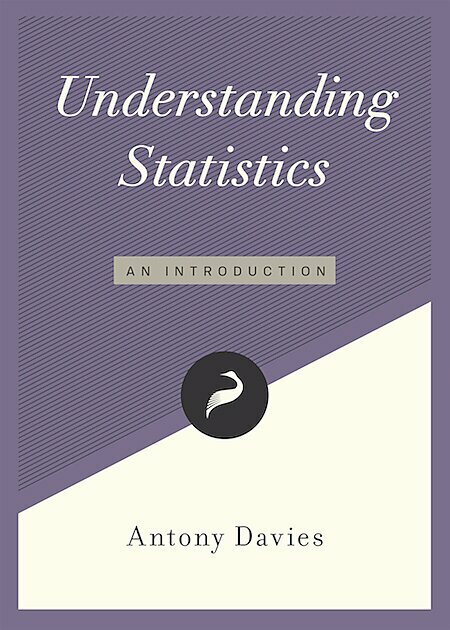
Understanding Statistics: An Introduction
by Antony Davies
Knowing when you’re being hoodwinked requires a degree of statistical literacy, but most people don’t learn how to interpret statistical claims unless they take a formal course that trains them in the mathematical techniques of statistical analysis.

Why, as a Muslim, I Defend Liberty
by Mustafa Akyol
Islam, the second largest religion in the world, has several authoritarian interpretations today that defy human freedom — by executing “apostates” or “blasphemers,” imposing religious practices, or discriminating against women or minorities. Mustafa Akyol offers a bold critique of this trouble, by frankly acknowledging its roots in the religious tradition.
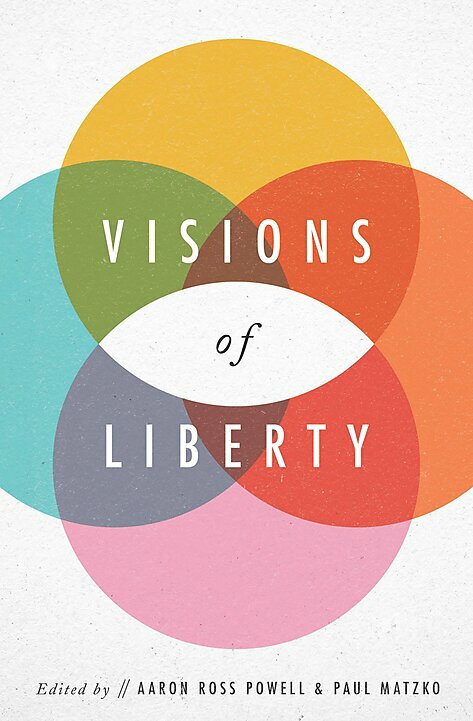
Visions of Liberty
by Aaron Ross Powell and Paul Matzko
Visions of Liberty is more than just an introduction to the broad scope of political liberty. It will leave you with a strong sense—a clear vision—of what the application of genuine libertarian policies looks like in practice. Liberty unleashes our drive for ingenuity and sense of compassion. This radical vision of a world that might be is truly worth striving for.
Download: PDF
Resources
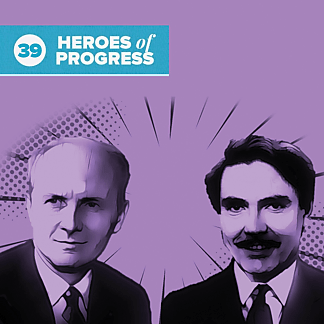
Heroes of Progress
A bi‐weekly column that gives a short overview of unsung heroes of progress who have made an extraordinary contribution to the wellbeing of humanity. The Hero could be anyone from a scientist who invented a vaccine that saved millions of people, to a politician whose policies lifted a nation from poverty to prosperity.
Visit: Website
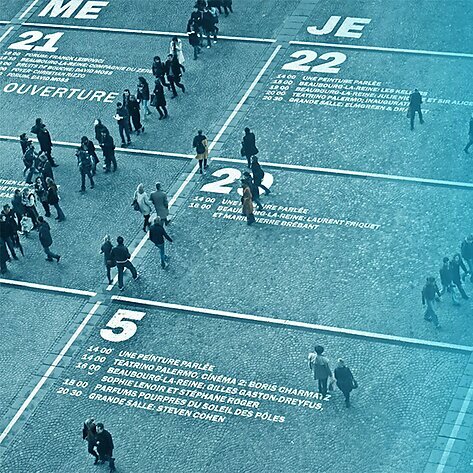
Your Life in Numbers
Explore how much the world has changed since you were born. Is life getting better or worse? Watching the news, it’s easy to become pessimistic. But don’t forget that reporting is often selective. So, what is the real state of humanity? Consider the changes that have occurred in the world since the end of World War II.
Visit: Interactive Website

Project Sphere
Sphere is an online debate series designed to create the gold standard for civil discussions of policy issues and political philosophy based on common values and shared objectives. Sphere is a collaboration between the Cato Institute and the Brookings Institution.
Visit: Website

Sphere Professional Development Programs
Cato’s Sphere Education Initiative works with the premier professional development organizations covering civics, history, economics, and media literacy. Sphere provides grades 5–12 educators and administrators the knowledge, experience, resources, and professional development opportunities to bring difficult conversations to the classroom.
Visit: Website

HumanProgress.org
By definition, a world that is populated by flawed human beings cannot be a perfect place. As long as there are people who go hungry or die from preventable diseases, there will always be room for improvement. By focusing on long‐term trends and comparing living standards between two or more generations, however, it is possible to observe much improvement. That improvement is not linear or inevitable, but it is real.
Visit: Website
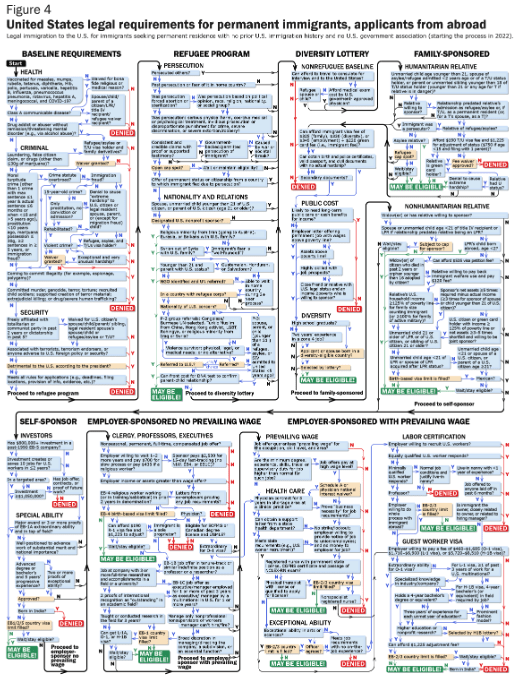
U.S. Legal Requirements for Permanent Immigrants, Applicants from Abroad
A portion of David Bier’s flowchart demonstrating the complexity of immigrating to the United States.